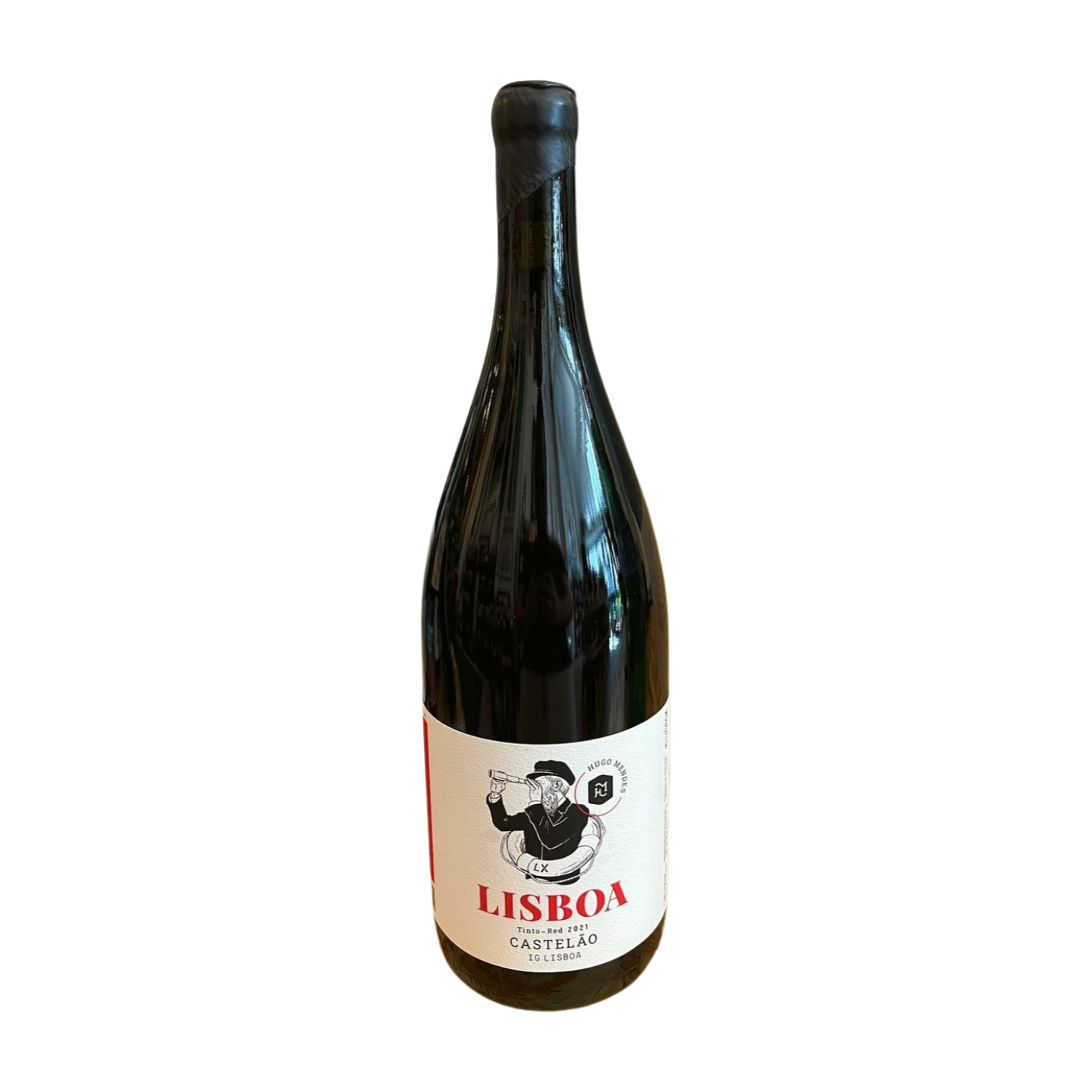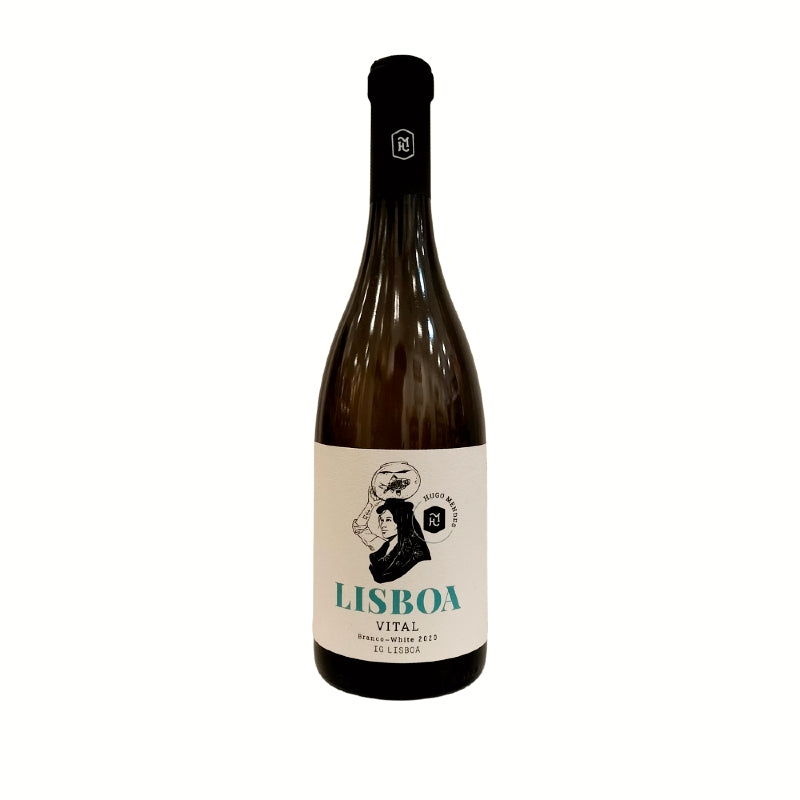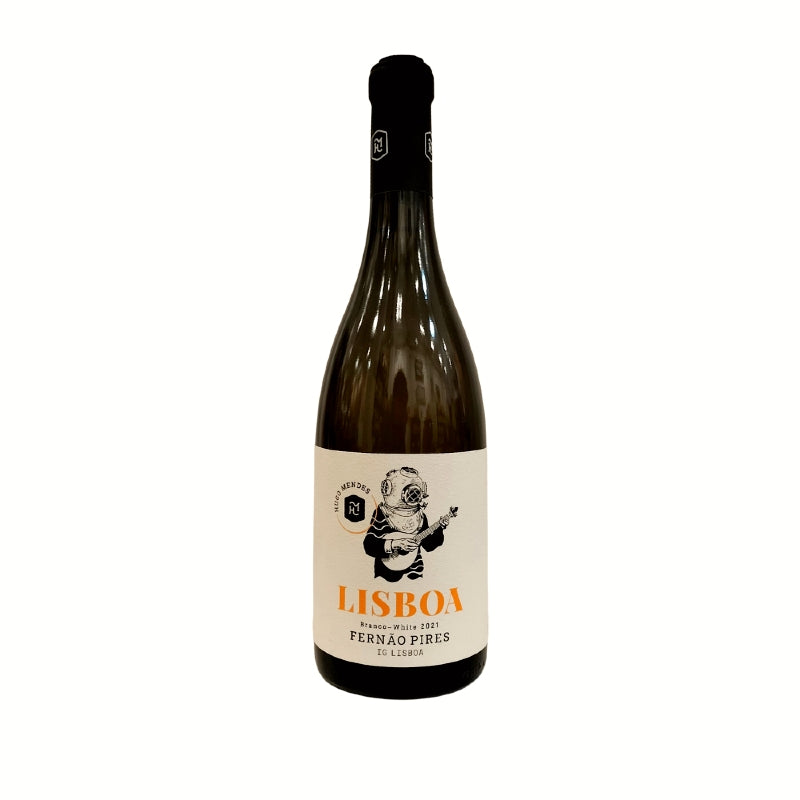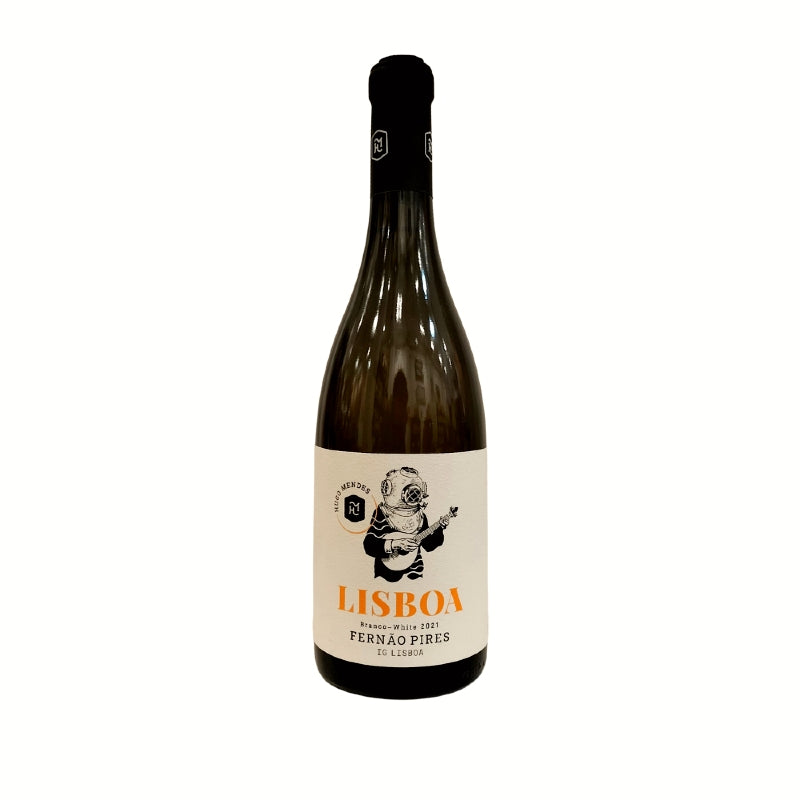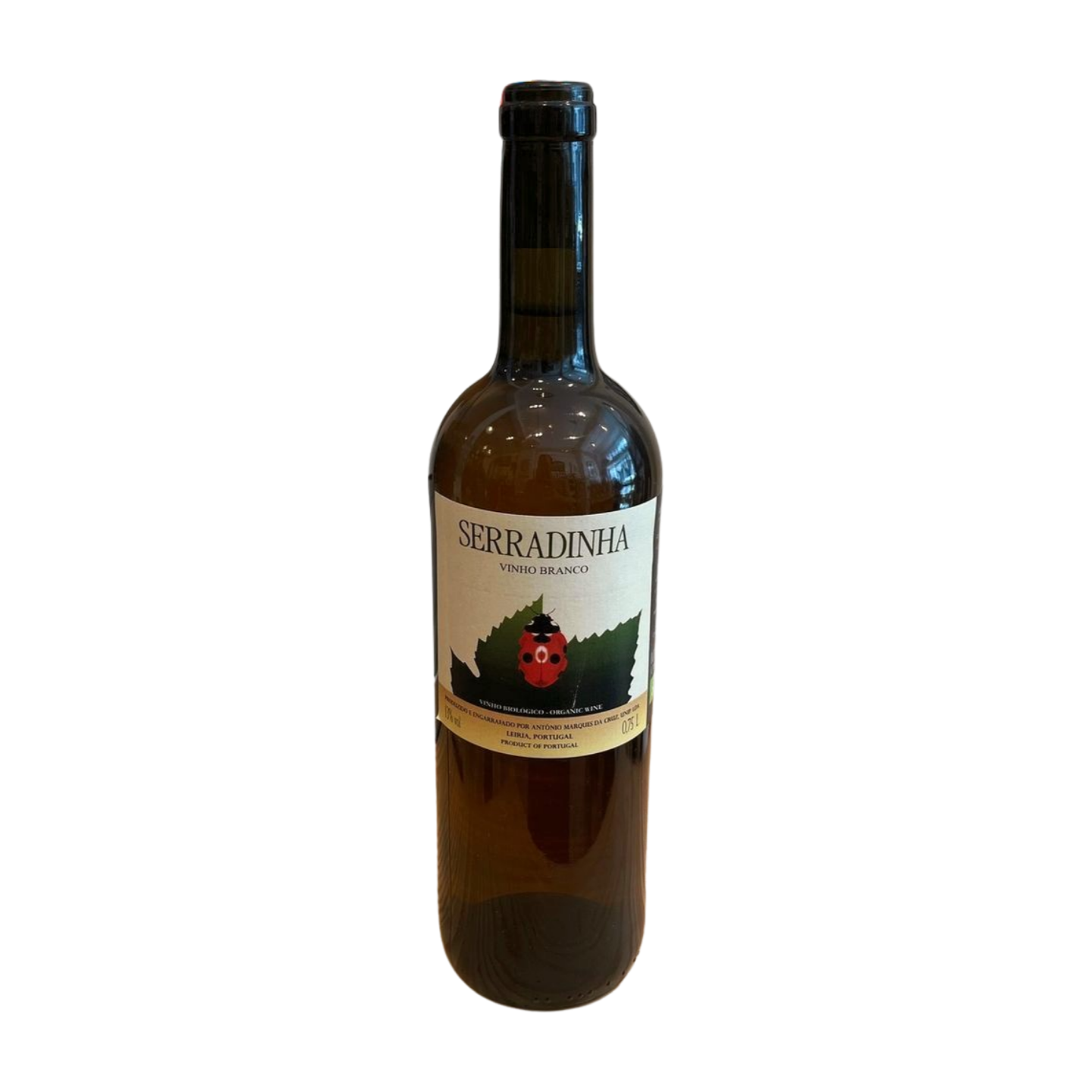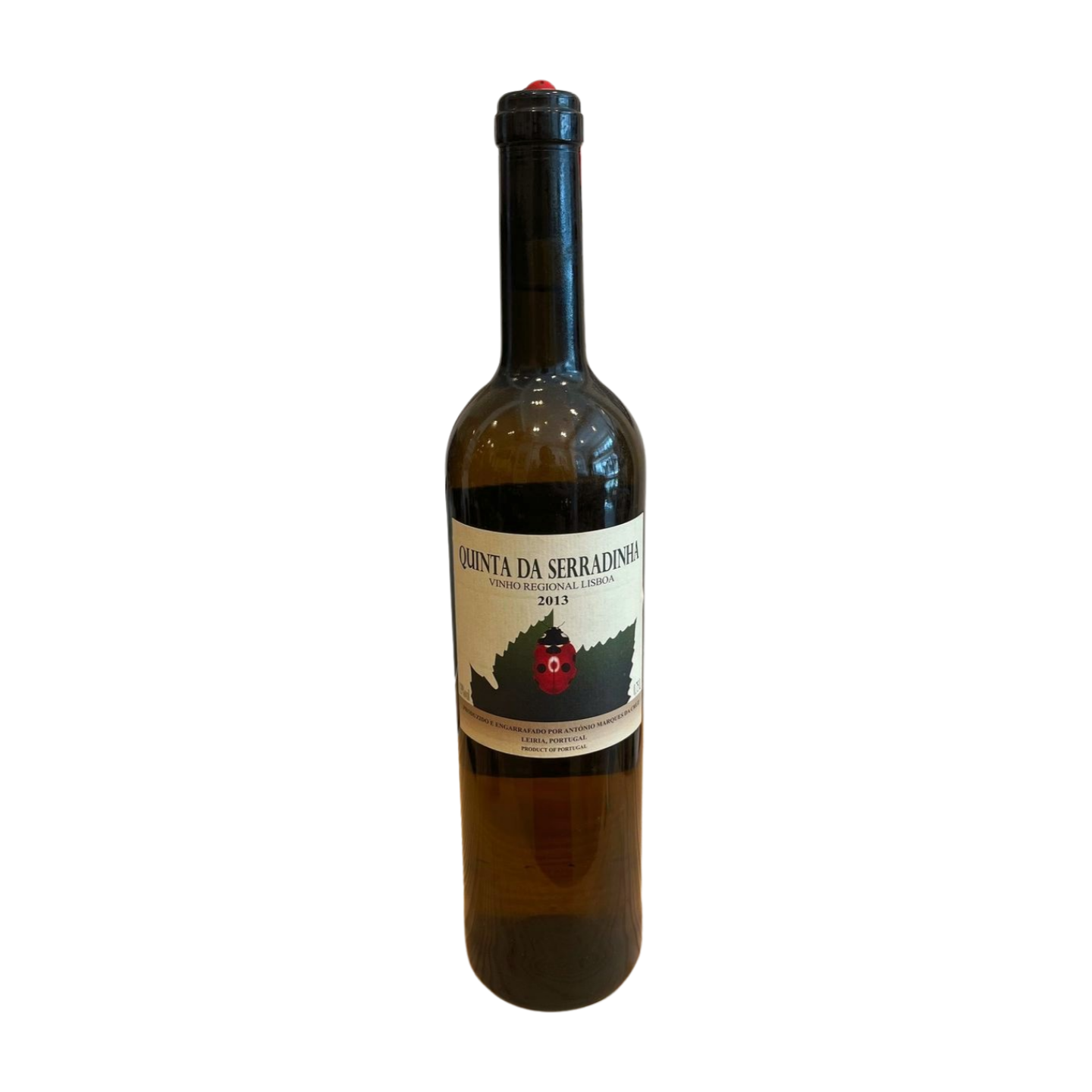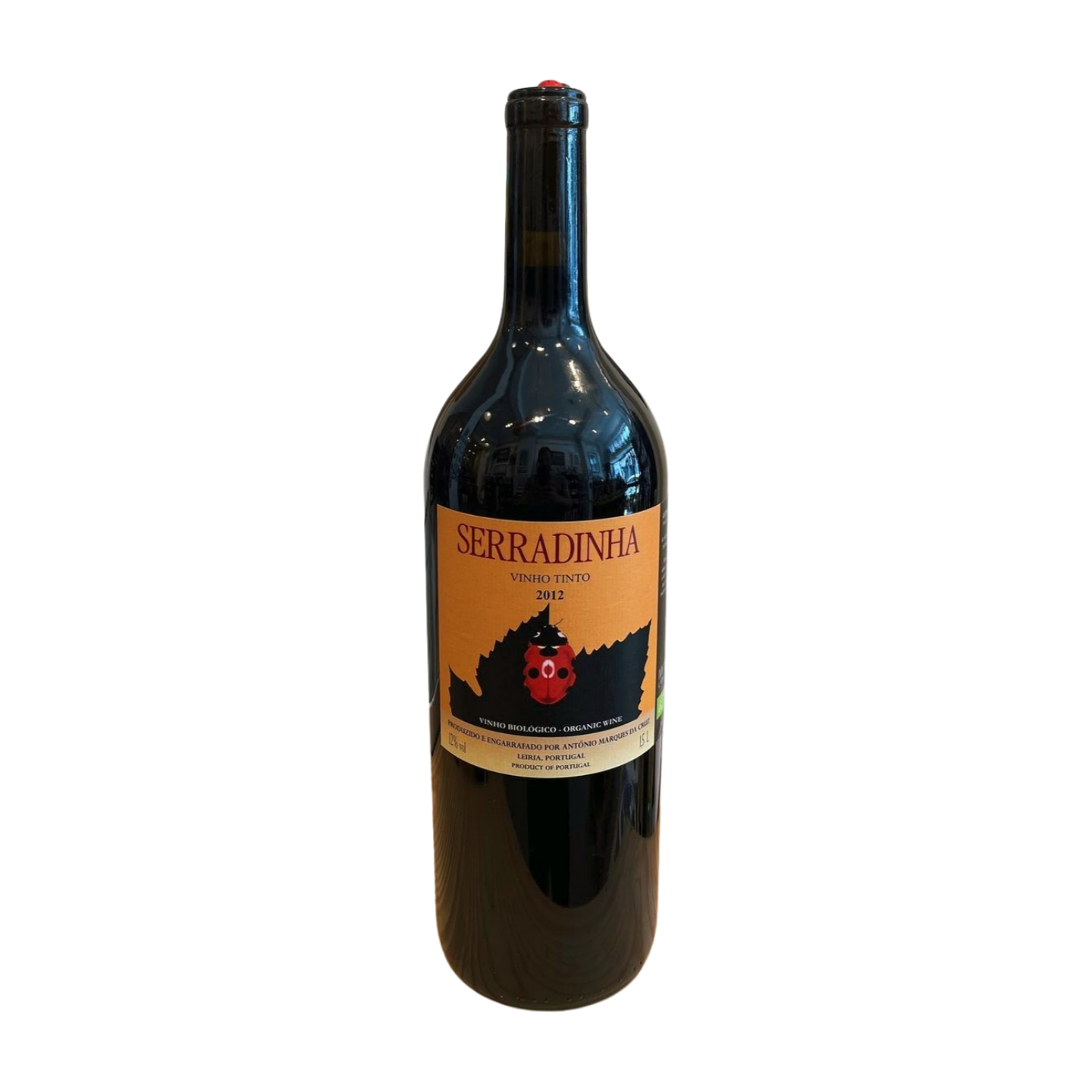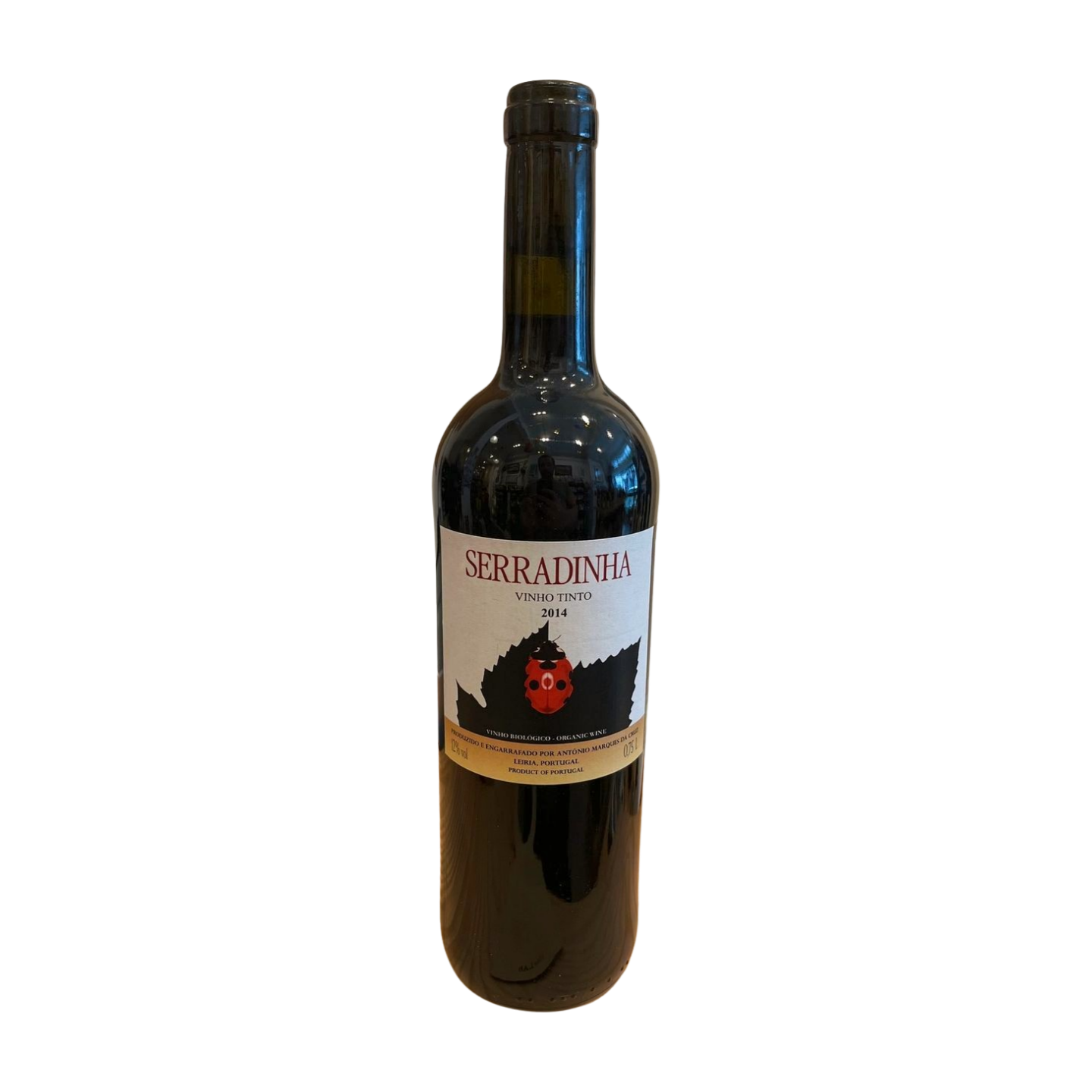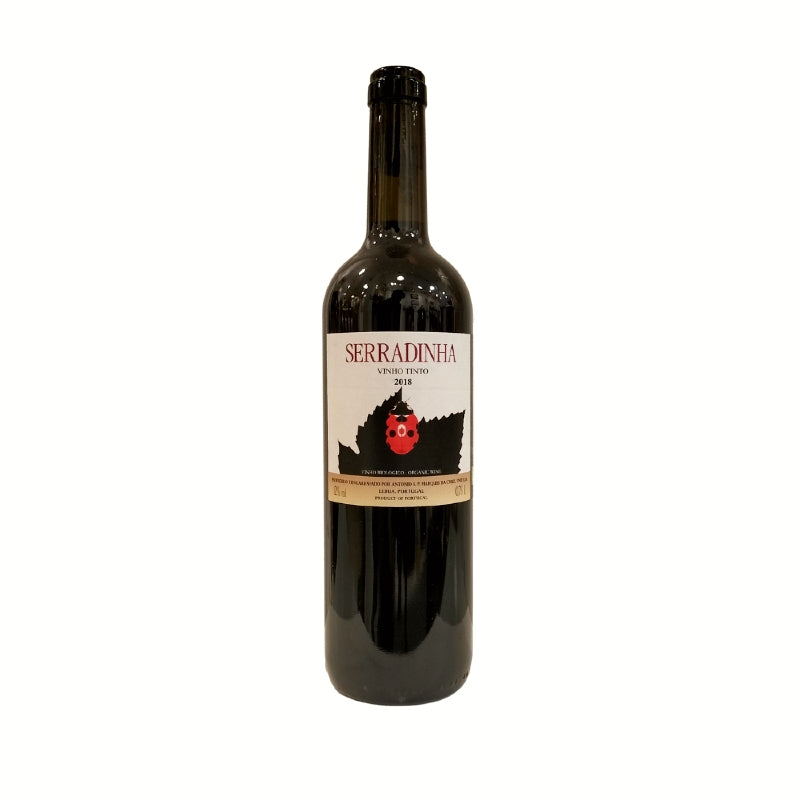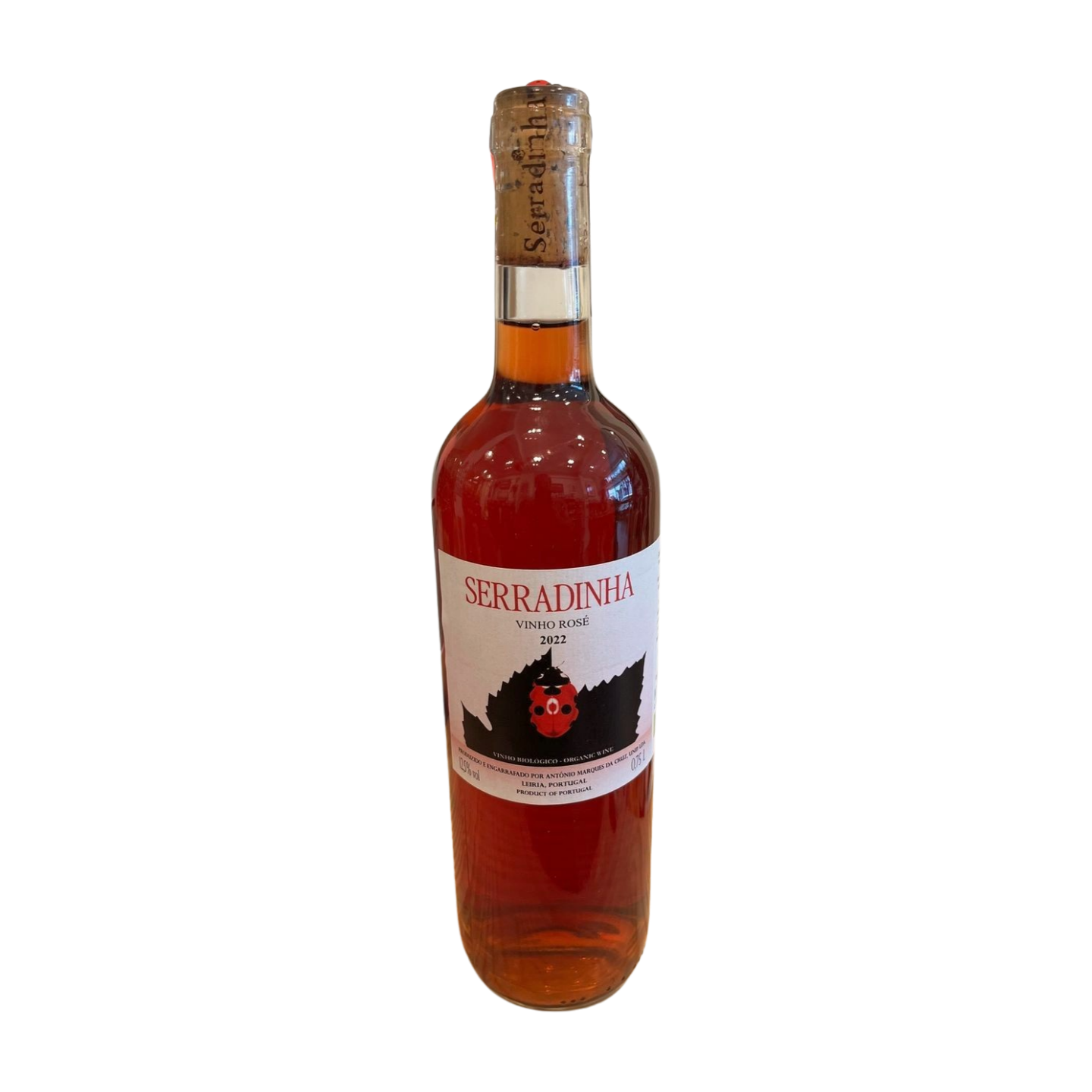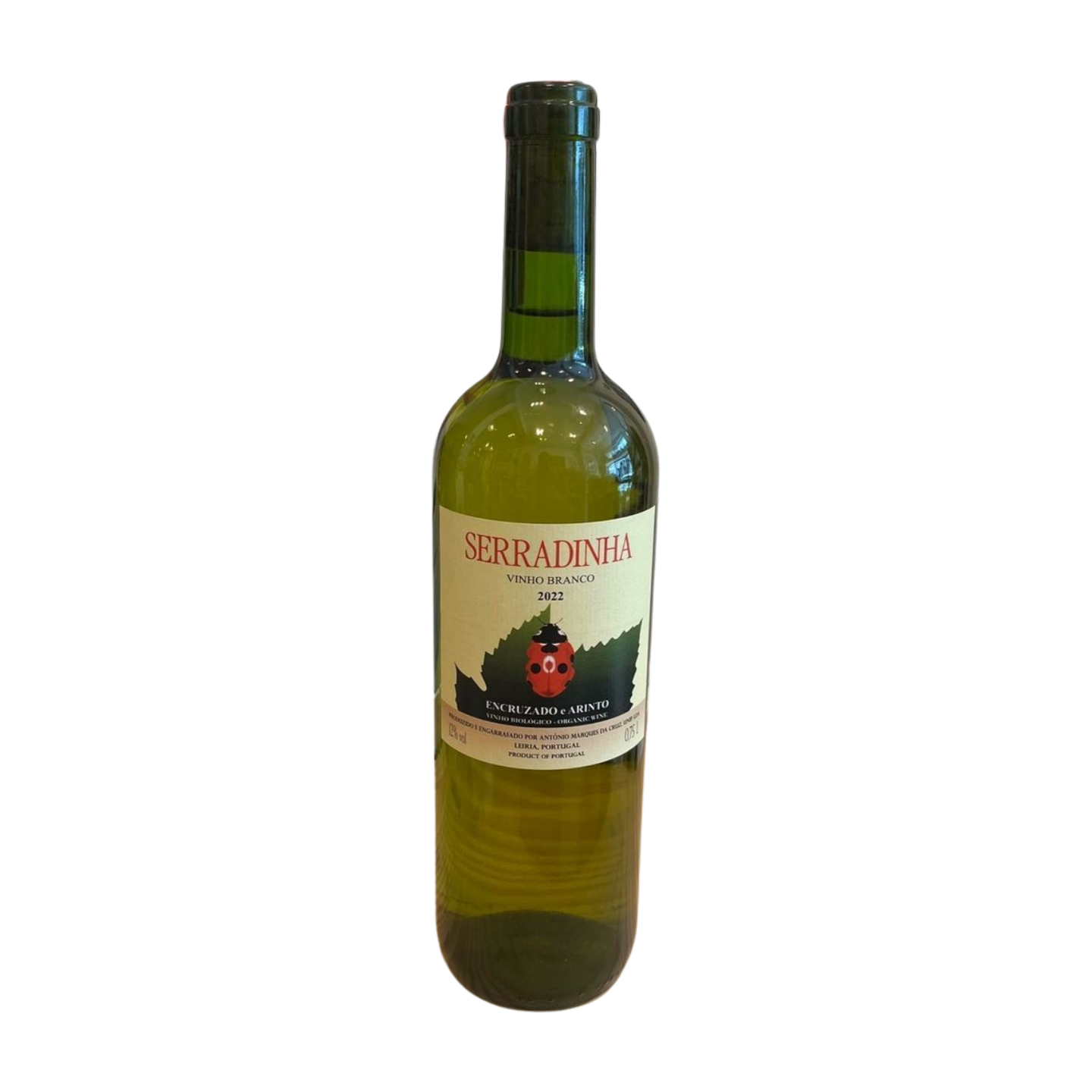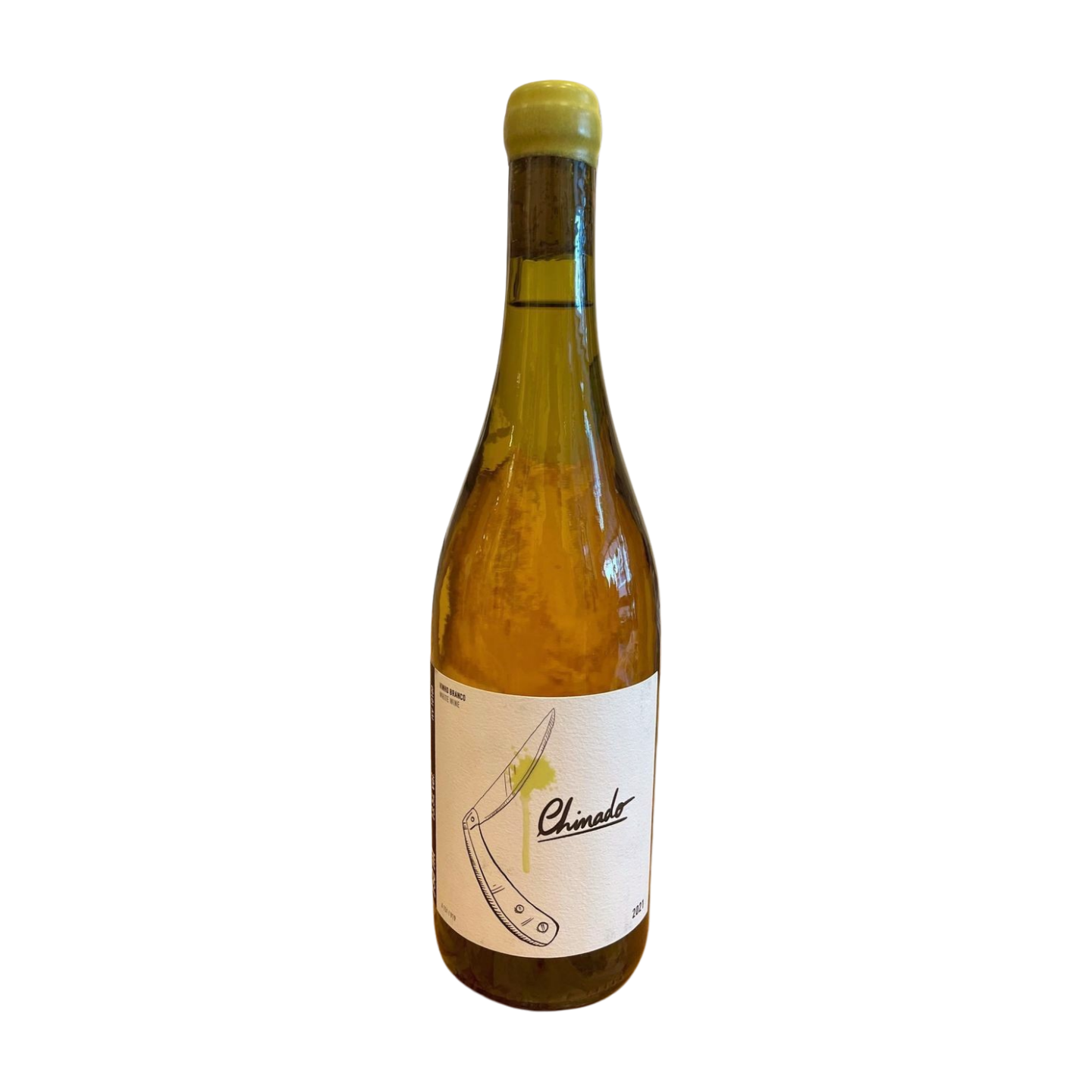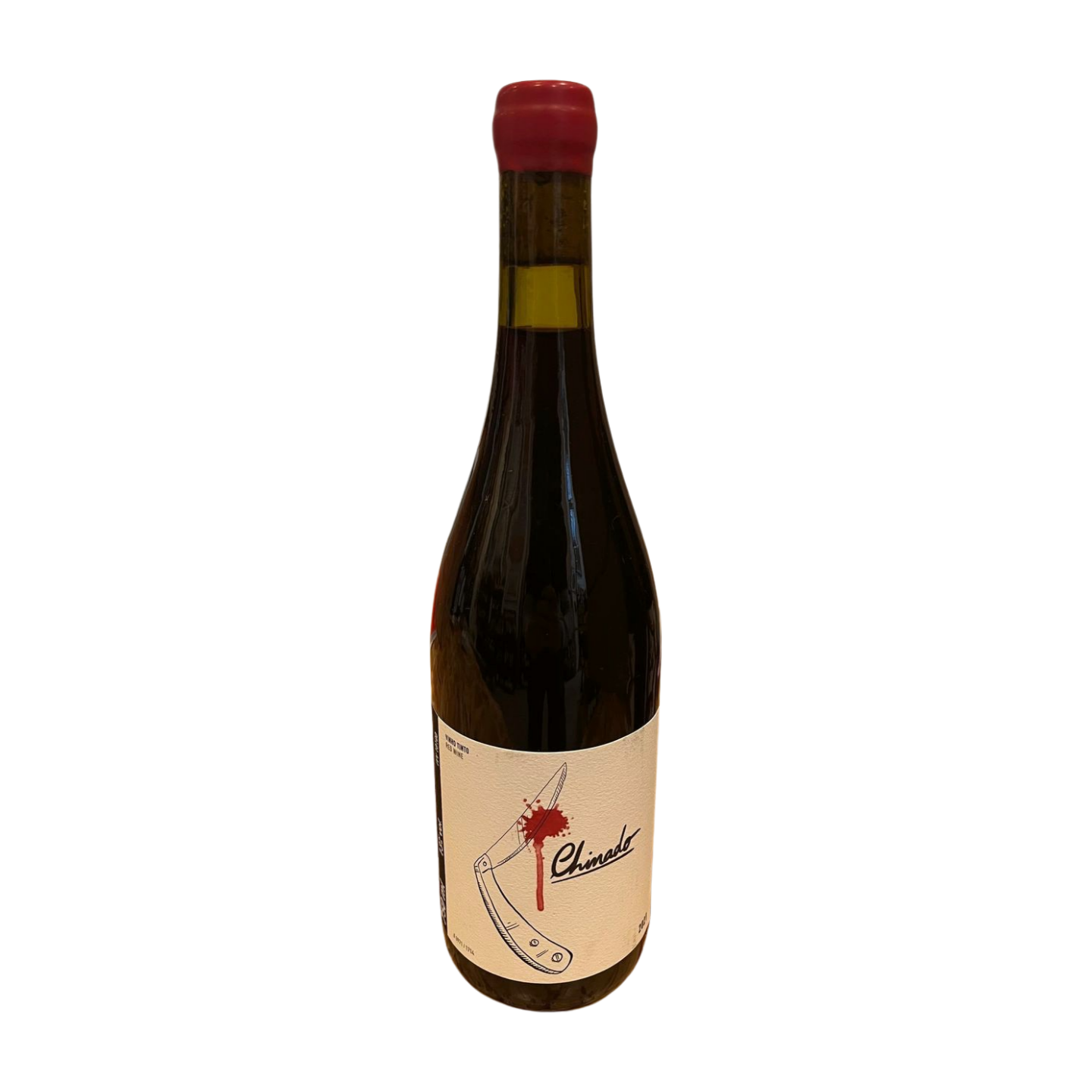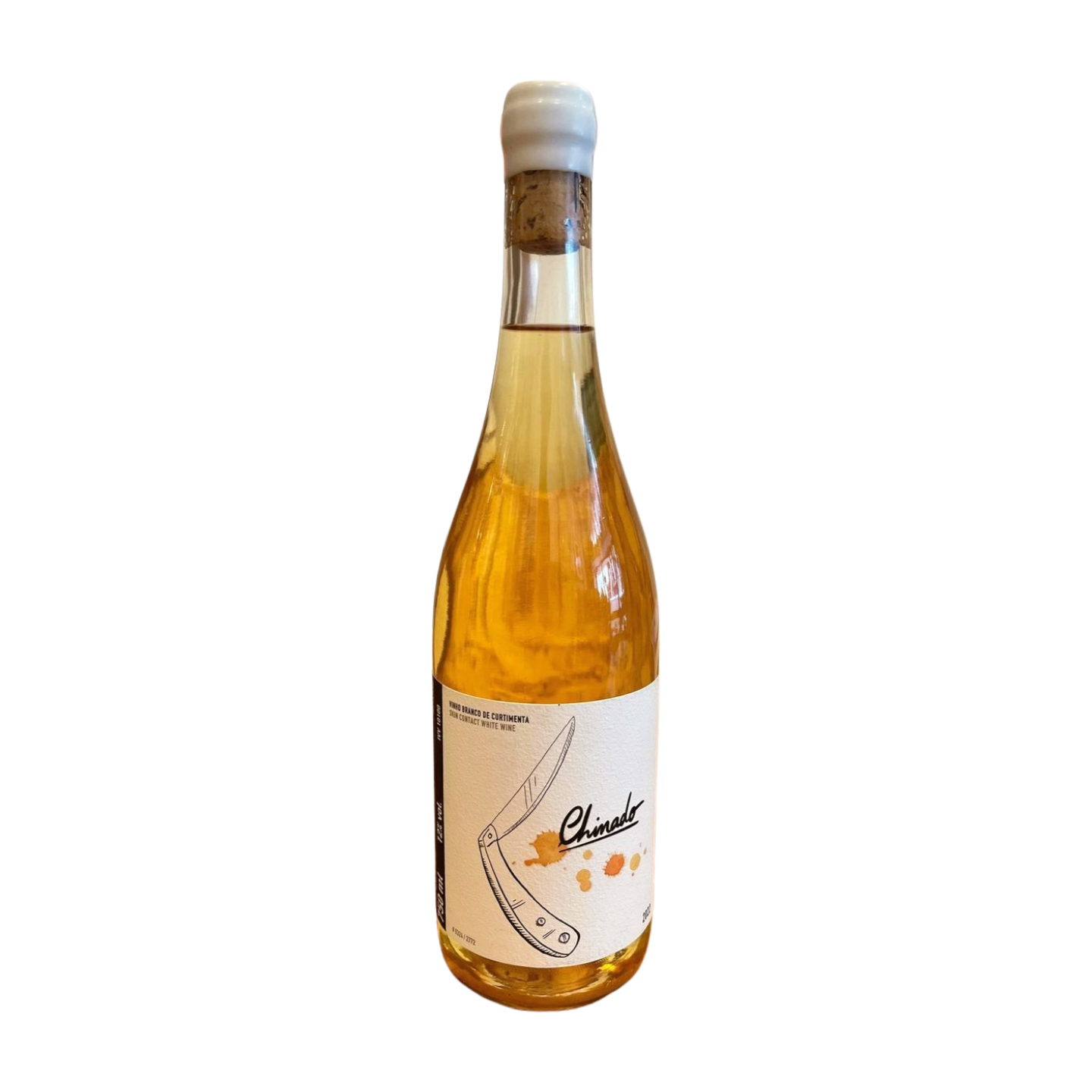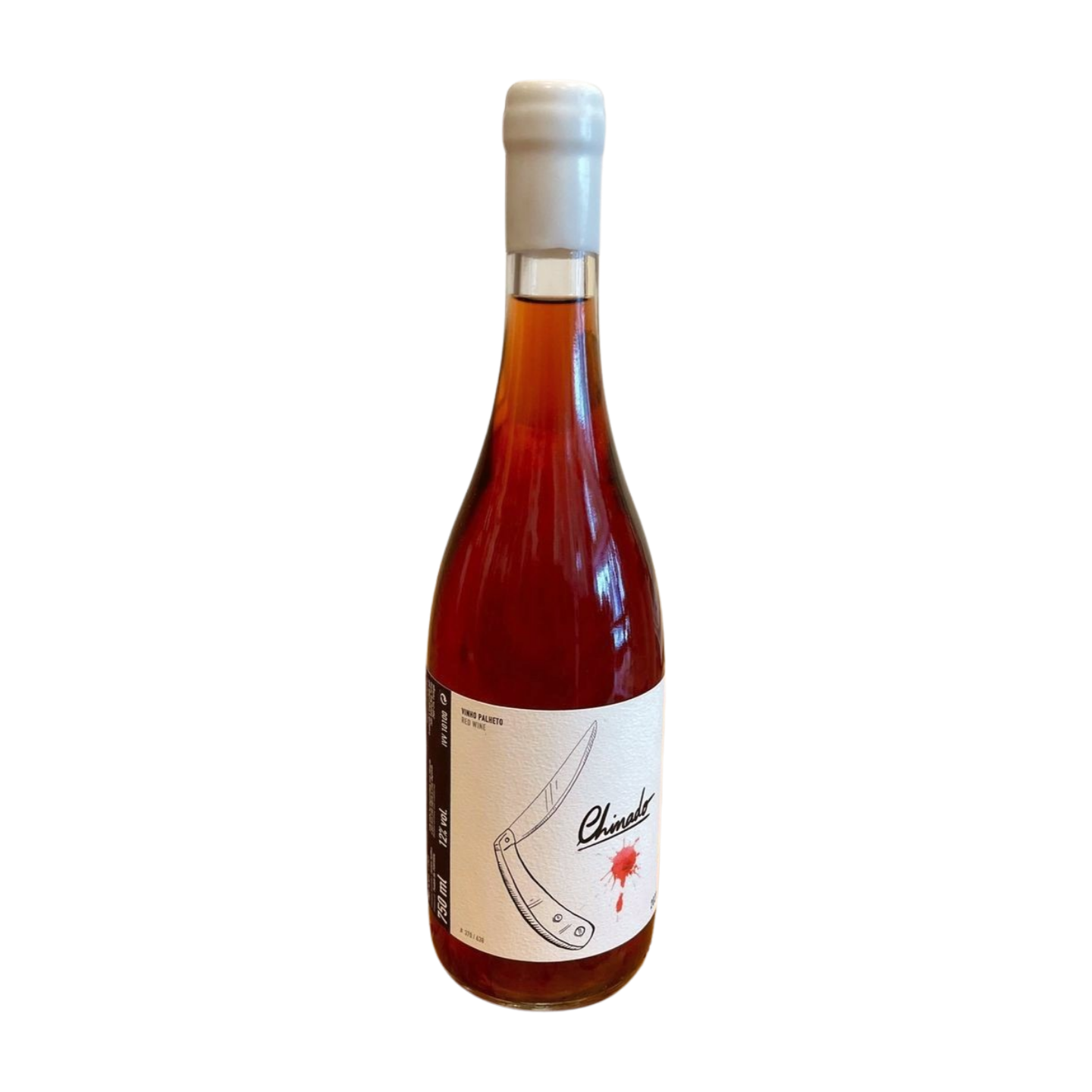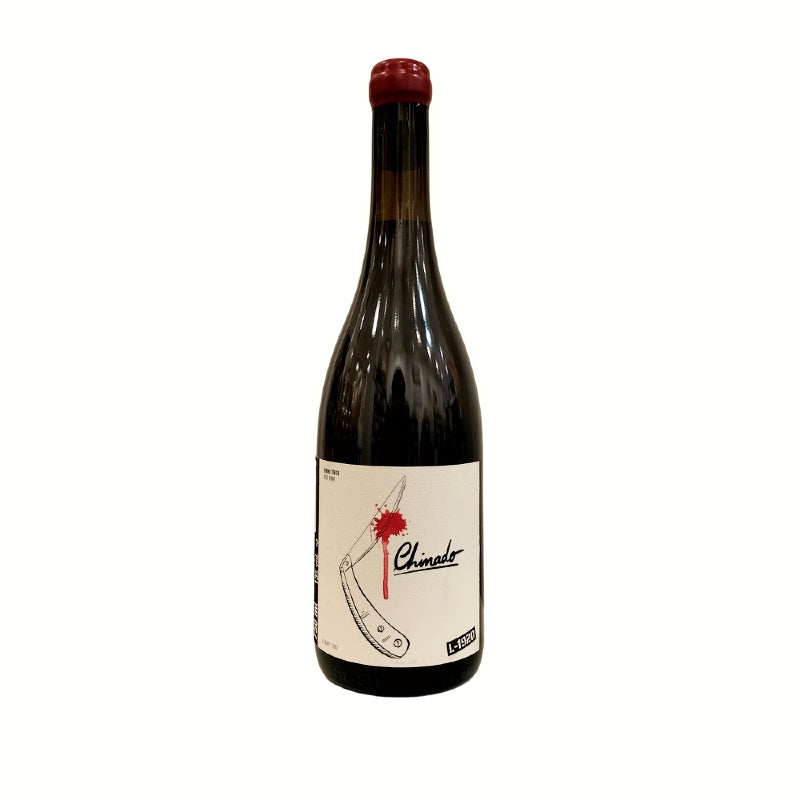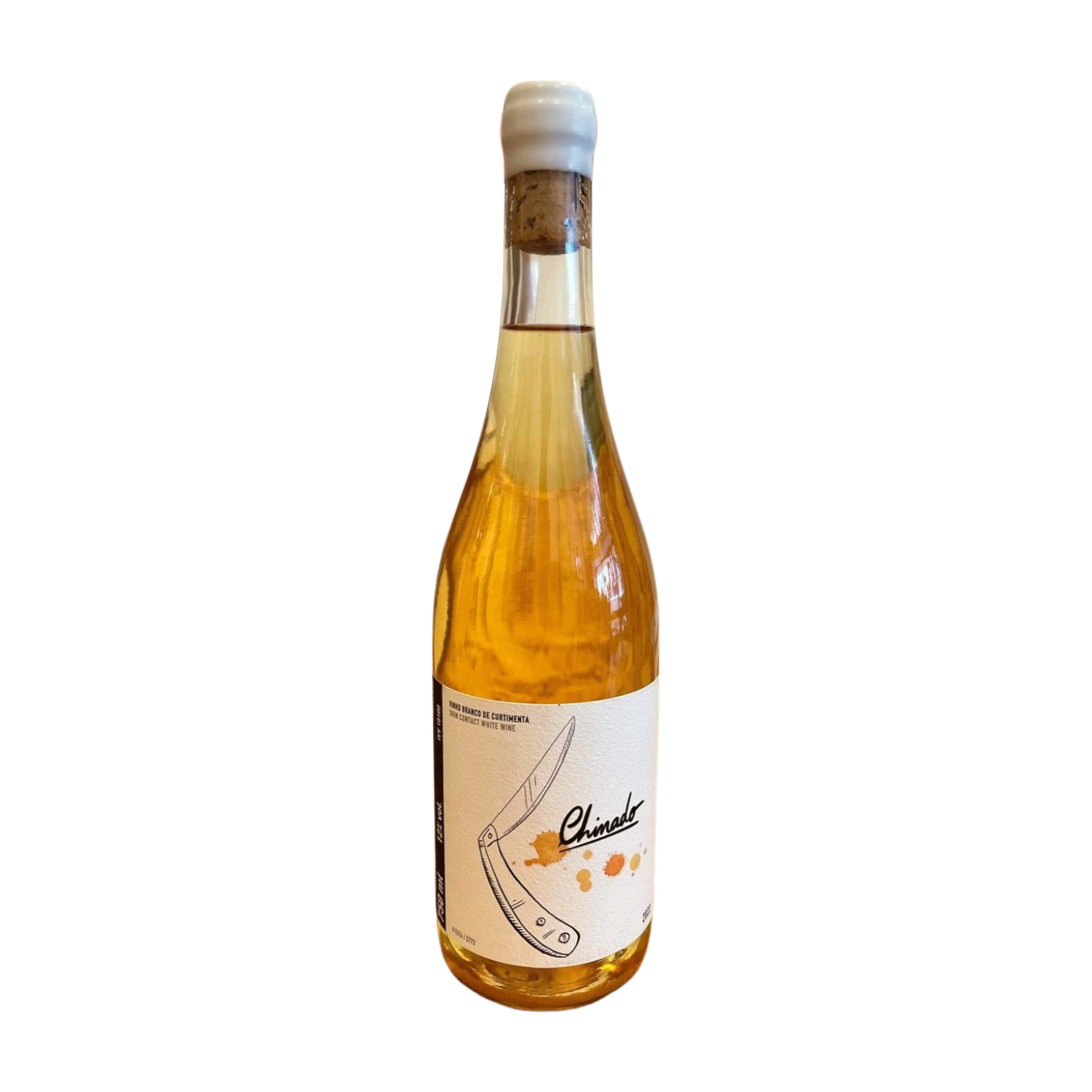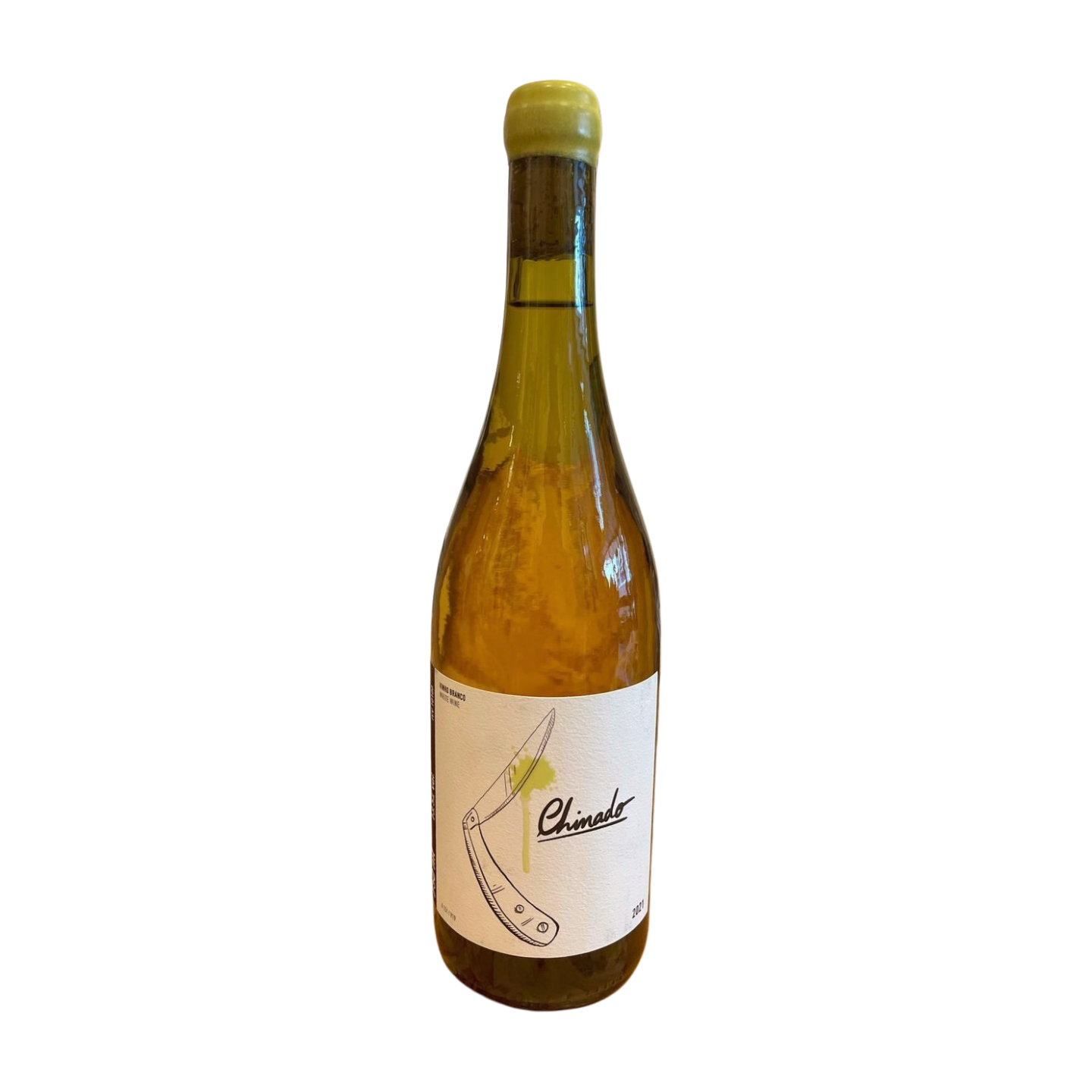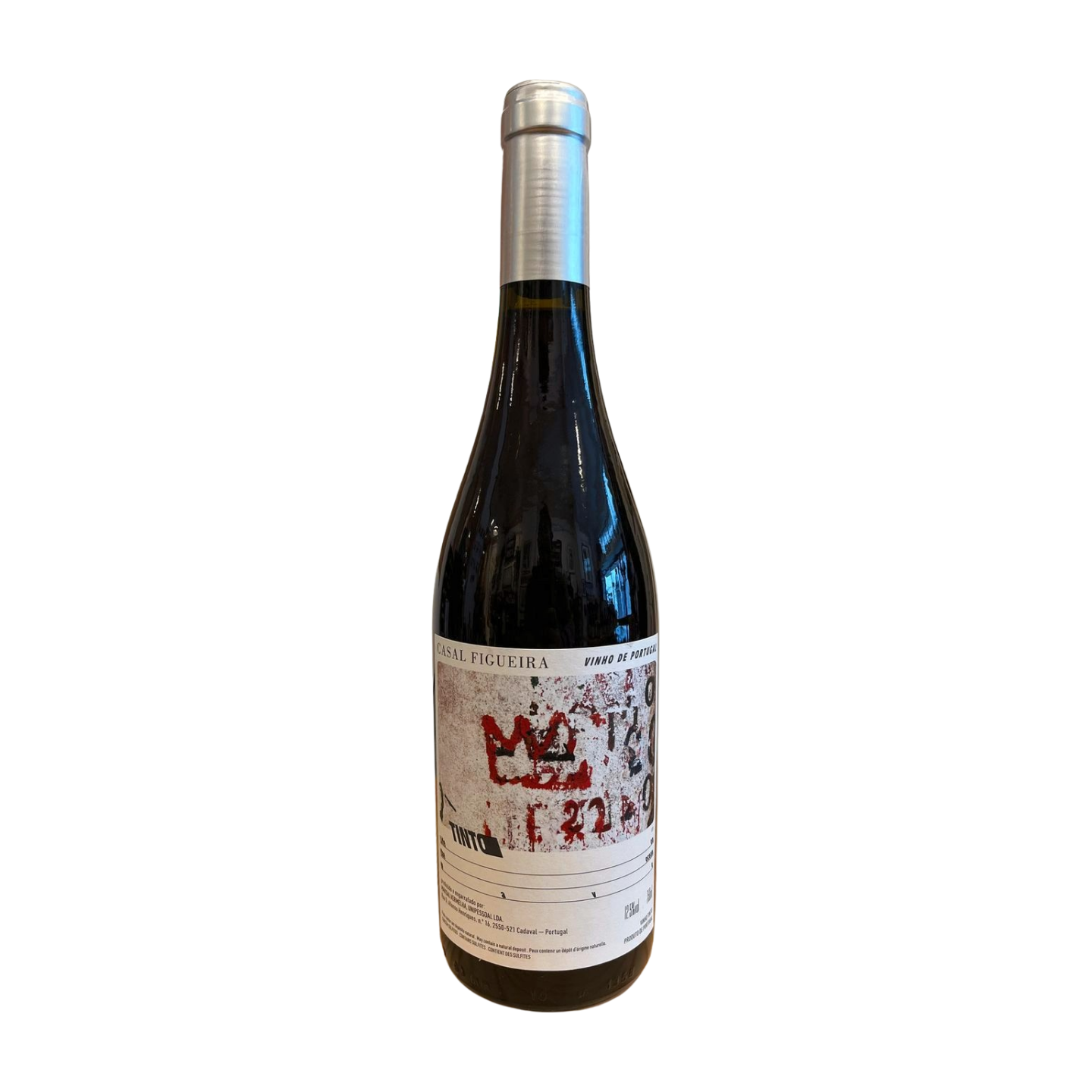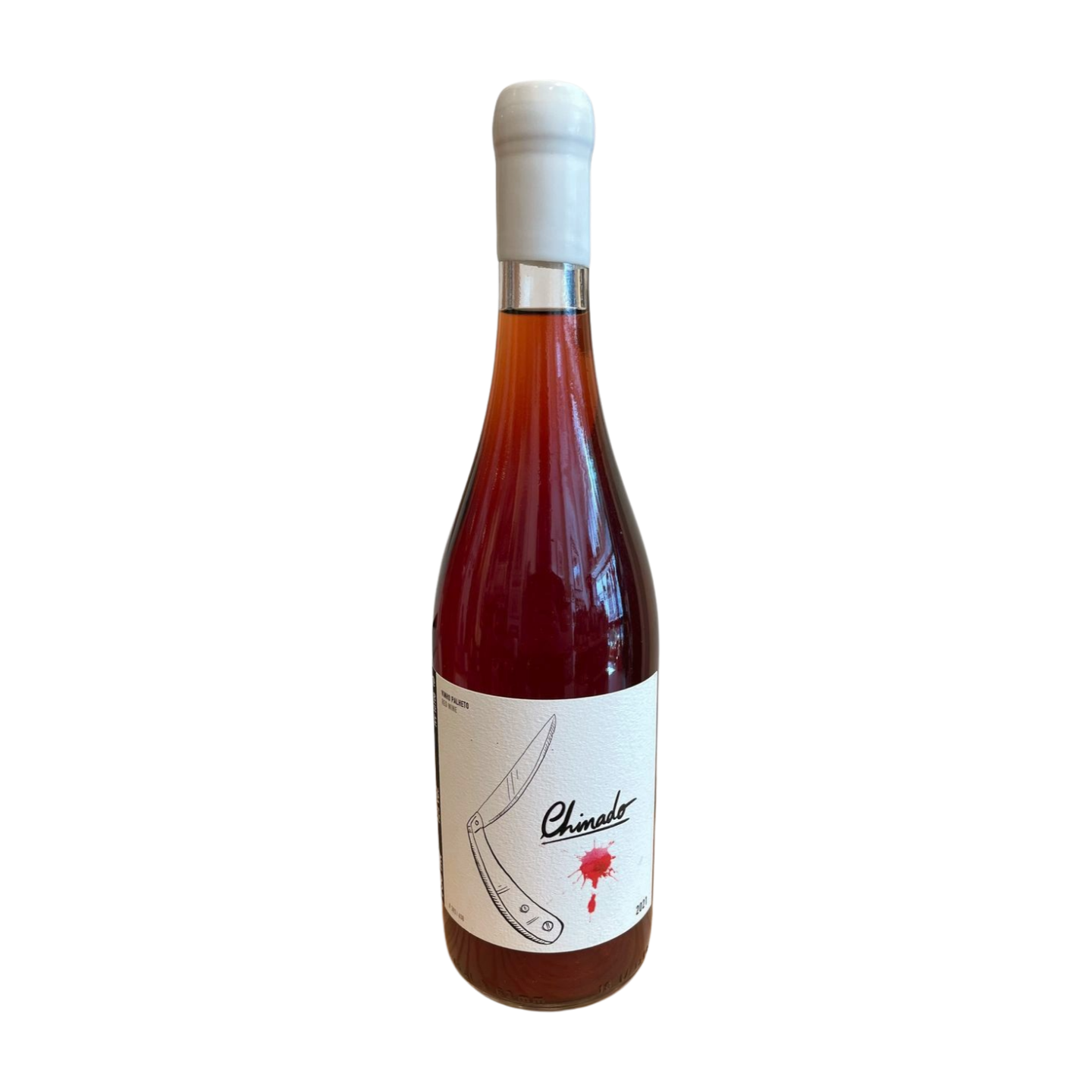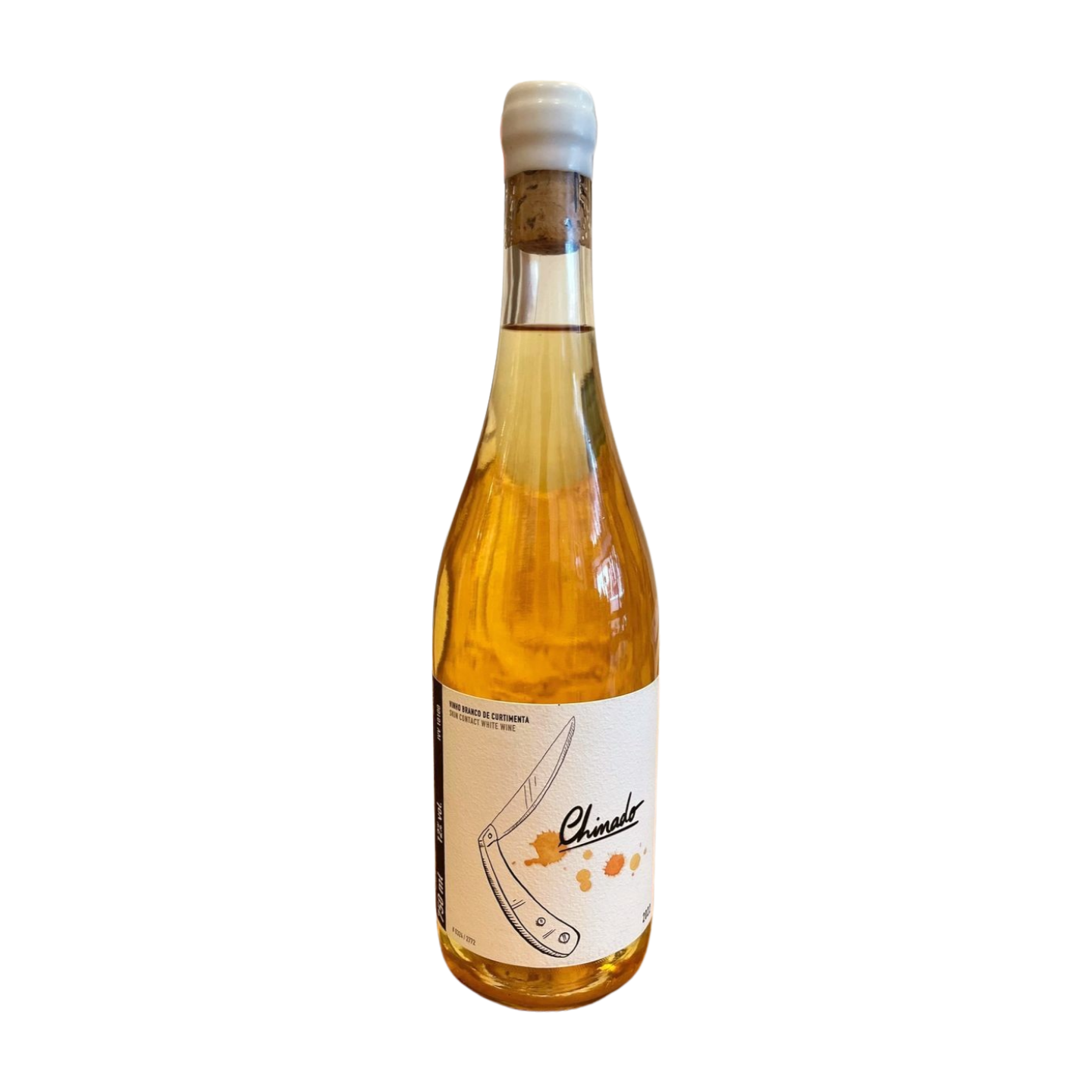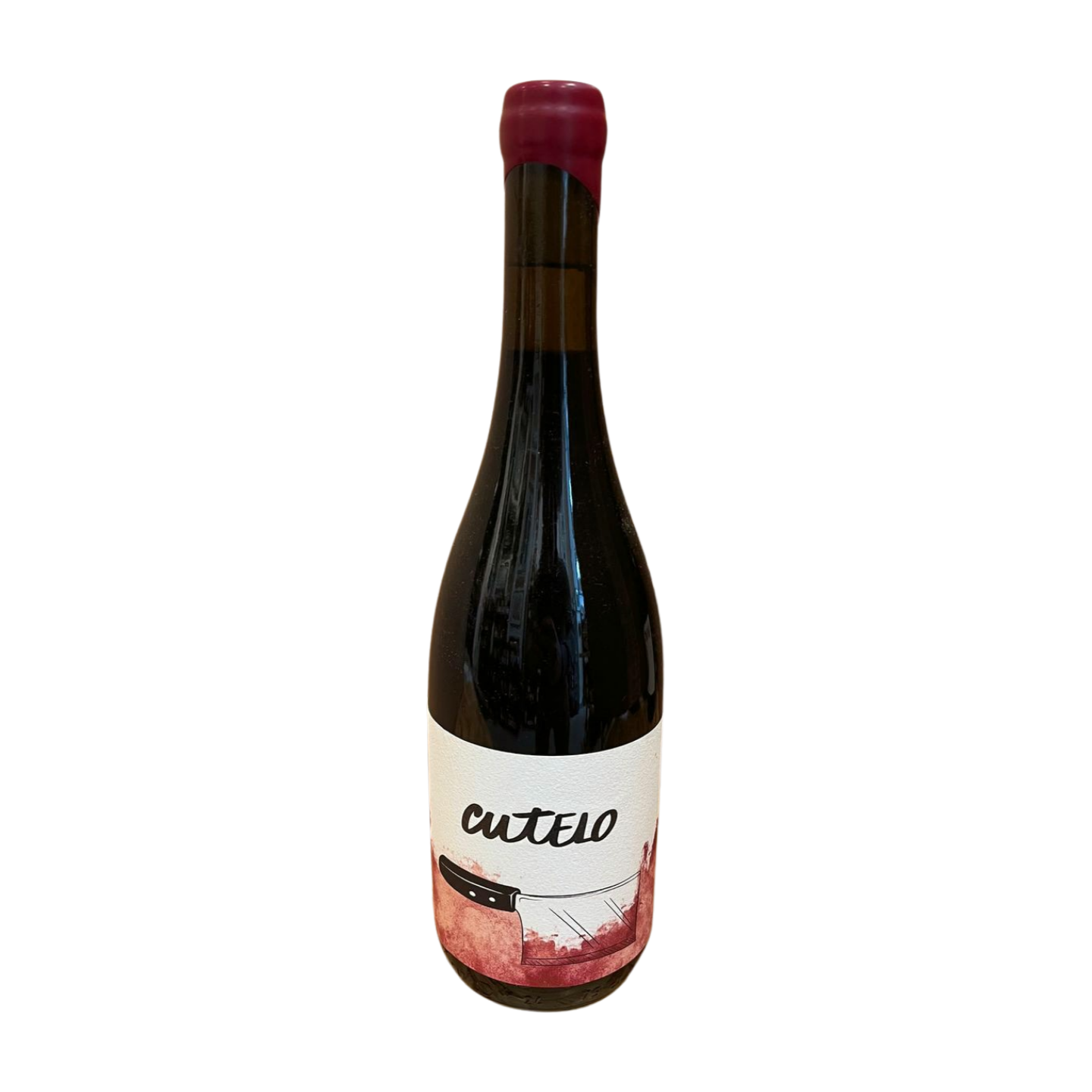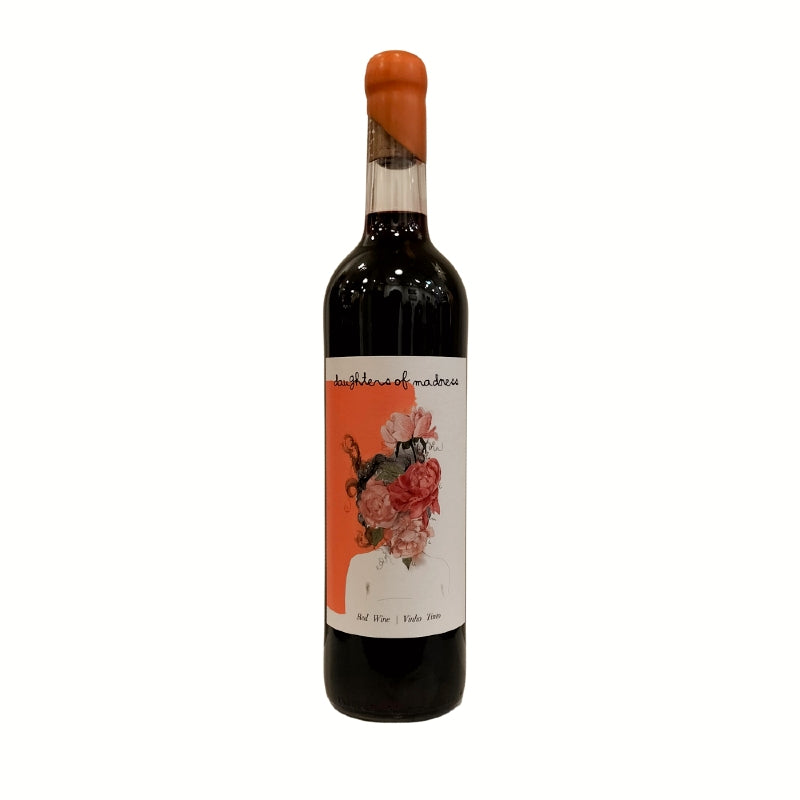Lisboa
The Lisbon winemaking region, historically known as Estremadura, is a significant area in Portugal's viticulture landscape, characterized by its diverse terroirs and rich history. Located northwest of Lisbon, the region spans approximately 40 kilometers and is home to both traditional Portuguese grape varieties and popular international ones. The climate, influenced by the Atlantic Ocean, creates conditions that are ideal for viticulture, with strong winds and a mix of coastal and inland vineyards, which provide varying degrees of protection from harsh weather.
Lisbon's wine production is organized into nine appellations, with notable sub-regions including Bucelas, Colares, and Carcavelos. Bucelas is particularly recognized for its white wines made from the Arinto grape, known for their freshness and longevity. Colares stands out due to its unique Ramisco wines, cultivated in sandy soils close to the coast, which contribute to their distinctive character. Carcavelos, historically a fortified wine, is also noteworthy, showcasing the region's diverse wine styles.
In recent years, the Lisbon region has gained attention for its commitment to sustainability and organic viticulture. Many producers are embracing environmentally friendly practices, focusing on organic certification and natural winemaking techniques. This shift is evident in the emergence of new wineries, such as Quinta da Boa Esperança, which is fully organic and highlights the region's potential for producing high-quality wines with minimal intervention. The region's forgiving climate allows for a range of viticultural practices, fostering a vibrant community of winemakers who are increasingly experimenting with local and lesser-known grape varieties.
Notable producers in the region are beginning to gain recognition for their innovative approaches. For example, the couple Marta and Scott, who recently established their vineyard in Óbidos, are converting their land to organic farming and exploring unique varietals. Other projects, like Genúria Wines, are also focusing on local varieties and sustainable practices, indicating a promising future for the Lisbon winemaking scene.
Overall, the Lisbon wine region is distinguished by its historical significance, diverse grape varieties, and a growing emphasis on sustainability, making it an exciting area for both traditional and modern winemaking.
Filters
Portuguese wine
Frequently asked questions
The entire country of Portugal is divided into 14 different wine regions, including in the Azores and Madeira islands. Some of Portugal's most famous winemaking regions include the Douro Valley (known for Port) and Vinho Verde (known for its light, refreshing white wines).
Portugal is becoming more well known for its orange wines, talha wines (traditionally made in clay pots), and palhete (made by blending red and white grapes together).
Portugal is best known for its fortified wine, called Port wine. It is produced in the Douro Valley, which is a UNESCO World Heritage Site and recognized as the world's first demarcated wine region, established in 1756.
Vinho Verde in northern Portugal is another popular winemaking region characterized by rolling hills and lush landscapes. It's known around the world for low-alcohol, refreshing white wines, although the region traditionally focused more on red wines made with the fruit-forward vinhão grape.
The Portuguese island of Madeira, with its subtropical climate, is renowned for its fortified wines. Winemaking here dates back to the 15th century, when Portuguese
explorers brought grape varieties from around the world.
Our sustainable, natural wine shop is located in the Marquês neighborhood in Porto, Portugal. We also ship to countries around the world, including within Europe, the United States, Canada, Australia, China, and more. Review our Shipping Policy to learn more.
In recent years, there has been a notable shift toward sustainable viticulture and the production of natural wine in Portugal. Many winemakers are implementing organic farming practices and embracing biodiversity to maintain soil health and reduce chemical inputs. This commitment to sustainability is not only beneficial for the environment but also enhances the quality of the wines, allowing the unique characteristics of the terroir to shine through. For example, some winemakers are now utilizing ancient terracotta amphorae for fermentation (called talha in Portuguese). This method preserves regional cultural heritage, enhances the wine's character, and aligns with sustainable practices by reducing reliance on modern materials.

